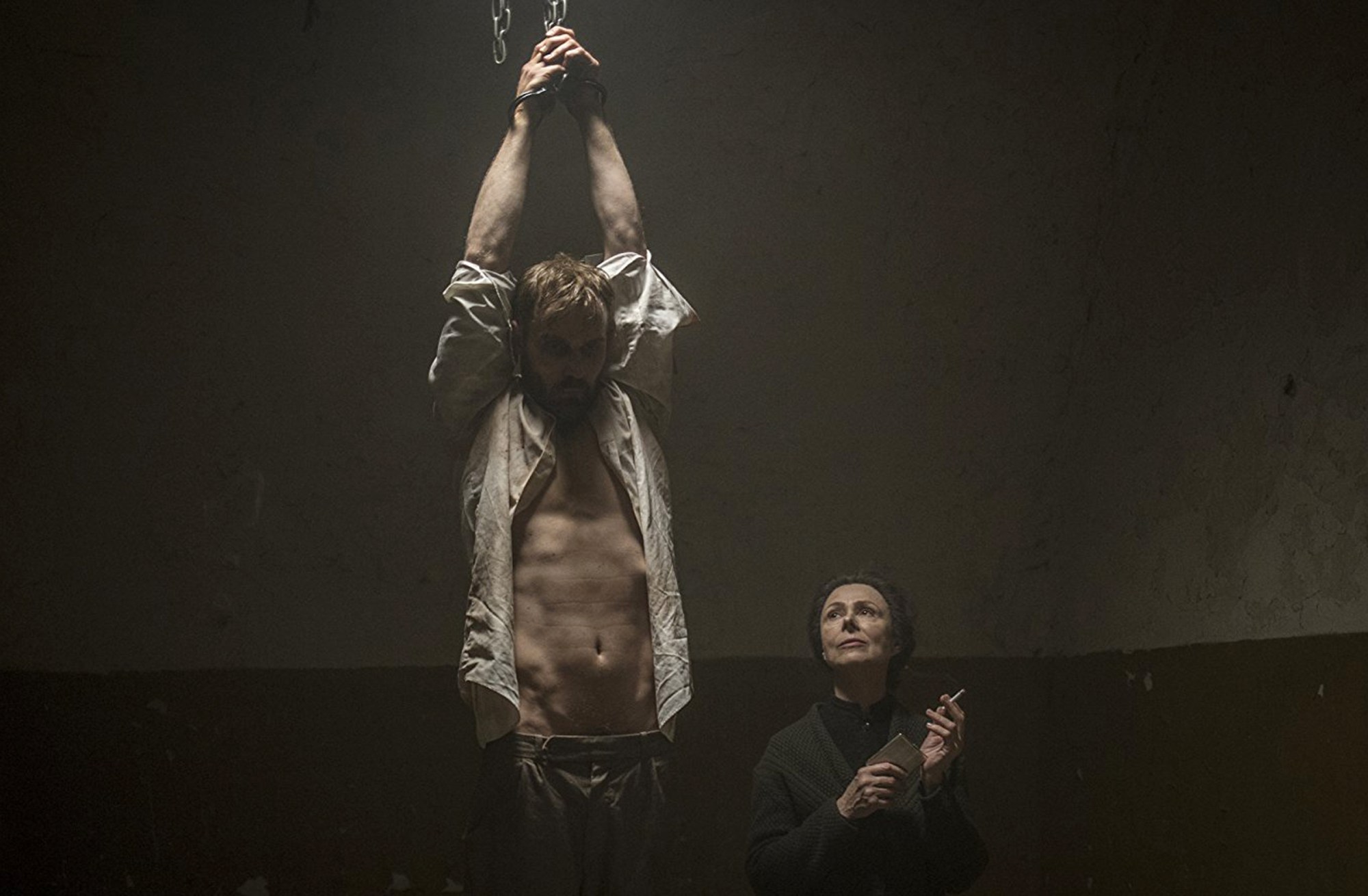
- Golden Globe Awards
Blindness (Zacma) (Poland)
From the beginning, the new film by acclaimed Polish director Ryszard Bugajski, starring Maria Mamona, throws you into a whirlpool of guilt, remorse and painful search for a spiritual overhaul, and it never quits. Bugajski, a longtime disciple of the late Andrzej Wajda, directed Interrogation, which brought Krystyna Janda the Best Actress Award at the 1990 Cannes Film Festival. In his new movie, Bugajskirenowned theater actress Maria Mamona, is a tale of psychological struggle in the mind of this fascinating yet seriously troubled woman. During her reign in the Ministry of Public Security (1945 to 1956), Brystiger was known as “Bloody Luna” because during interrogations she allegedly tortured prisoners with extreme cruelty. At the same time, she was an exceptionally well-educated person, with a Ph.D. in philosophy from Lvov University, a stint at the Sorbonne, and connections among artists like Picasso and Modigliani. After Stalin’s death and the 1956 upheaval that shook all Soviet satellite countries, she was relieved of her duties at the Ministry of Security. But she could not find peace of mind, feeling eschewed by the majority of the Poles who, unlike her, strongly opposed Communism. The crimes she committed in the name of Stalin and Beria haunted her.That is the point exactly when Blindness starts. “Bloody Luna” appears in Laski near Warsaw, in the Institute for the Blind, where the Primate of Poland, Cardinal Stefan Wyszynski, was also a frequent visitor. None other than Julia Brystiger herself supervised his imprisonment in the years 1953-1956. During the difficult and tempestuous meeting with the Primate, Julia Brystiger finally rejects the Communist ideology, asks for her crimes to be forgiven and for help in finding God. Blindness leaves some questions unanswered. Demanding viewers may ask: is a conversion from Communism to Catholicism really possible? Did she really believe in her new faith? Was she formally baptized? These questions remain open, and the director allows the audience to seek the answers for themselves.